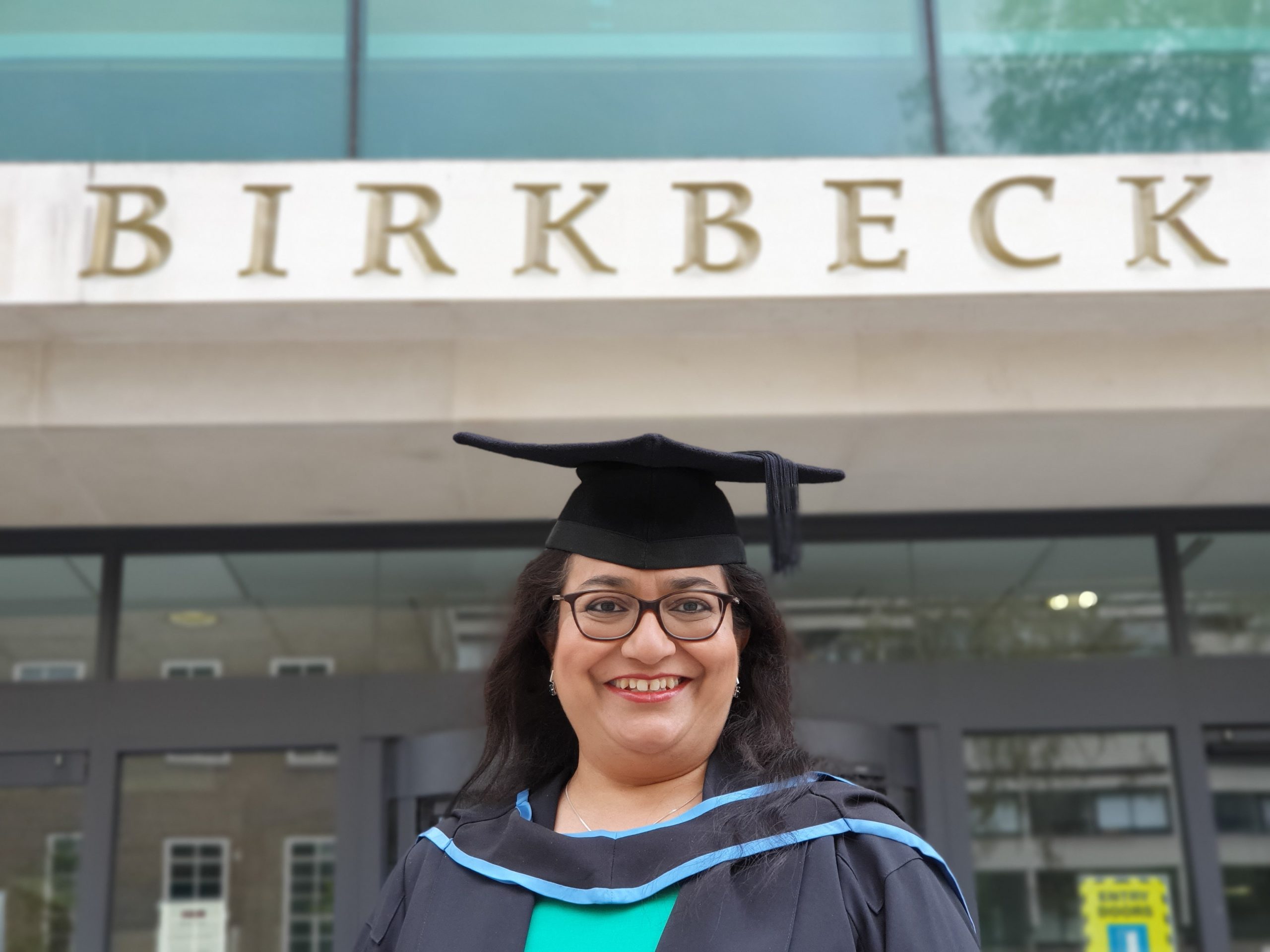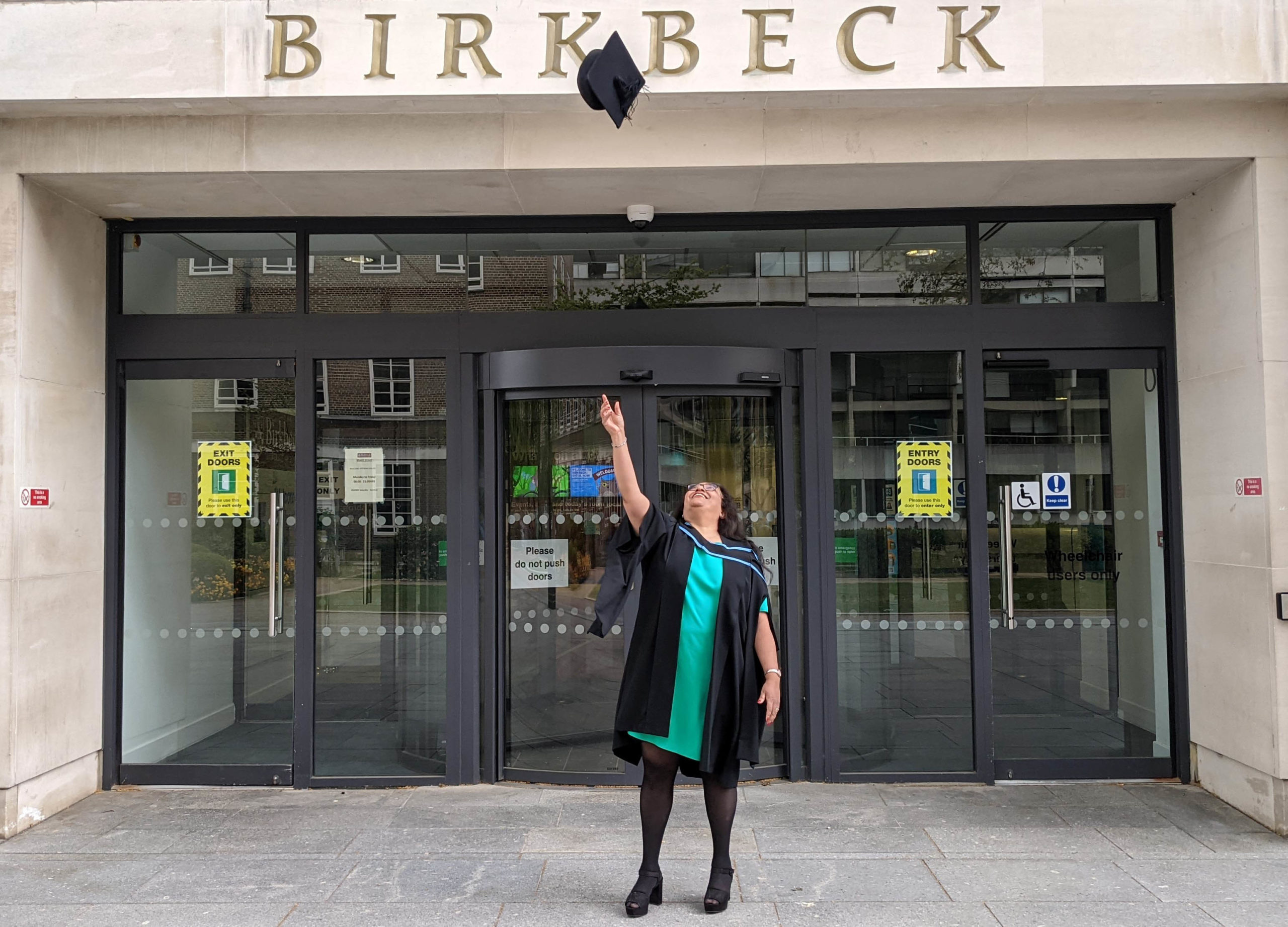Rebecca Sparrow, second year LLM student, discusses a recent event about how to challenge structural and state-sanctioned racism in law.
The Centre for the Research of Race and Law’s most recent event, Strategic Litigation: Anti-Racism in the Courtroom?, hosted two panels, each of which broadened understandings of what strategic litigation does and might look like. How, whether, and when to litigate, and how to ethically, and effectively occupy Mari Matsuda’s ‘multiple consciousnesses’ of working within and against the law, is a constant and pressing concern for anyone involved in social justice or political campaigns, critical academia and legal advocacy. This set of workshops provided a stimulating space for discussion and exploration of this fraught battleground of the law, particularly in the context of challenges to structural and state-sanctioned racism, including in its ever-increasing formulation through immigration policy.
In the first session, Ioannis Kalpouzos from the Global Legal Action Network suggested a challenge to Upendra Baxi’s suggestion that all political issues of salience in the second half of the 20th Century must be articulated through human rights. Kalpouzos described the Network’s efforts to use the International Criminal Court to challenge offshore detention in Australia, a country he described as the ‘envy of the Western world’ when it comes to brutal immigration regimes. He explored the potential of using International Criminal Law to name and label western state-sanctioned violence – even when that violence is not spectacular or radical, but bureaucratic and all-pervasive. This raised questions from the audience about whether using criminal law might exceptionalize particular moments of violence, and therefore also serve to normalise violence that we should be pushing to be accepted as human rights violations. The responses to these questions made the particularly strategic nature of such litigation clear.
Lewis Kett from Duncan Lewis Solicitors, one of the main law firms with legal aid contracts to represent those in UK immigration detention, spoke about his recent successful case challenging laws on segregation in immigration detention centres. Although this, and previous wins of Duncan Lewis’, have been important, and provided some of the only real positive changes to detention policy in recent years, Kett also expanded on the extent of the problems within existing policy, and how much further there is to go. In response to queries from workshop participants, he reflected on whether improving structurally violent institutions such as detention can serve to make them more palatable without removing their inherent violence, but concluded that as a solicitor it is ethically impossible not to litigate for reform where possible, not only to change practice but also to provide accountability, and as part of wider campaigns.
The second panel began with Muhammad Rabbani, the director of CAGE recently charged and convicted under terrorism legislation for refusing to hand over the passwords to his mobile phone and laptop in Heathrow airport. He was stopped under Schedule 7, the law introduced in 2000 that sees 50,000 people per year stopped in airports, with no right to remain silent, to seek legal advice, to refuse a strip search or the handing over of data. The 99.8% non-arrest rate, as Rabbani highlighted, signifies a breach of the Magna Carta principles against suspicionless arrest. Rabbani asked brave, poignant questions about how he might have been treated, both during his arrest and during legal proceedings, particularly when unable to find any lawyer willing to submit a judicial review on his behalf because he had a ‘pigmentation problem’, and so wasn’t considered ‘the ideal case’. Thus Rabbani questioned the possibilities for strategic litigation when the law is actively constructed to target Muslims. Where, in this context, is the space for strategic litigation? Rabbani had to take his strategy beyond the courtroom and run his own campaign.
Gracie-Mae Bradley’s presentation followed on perfectly from Rabbani’s warnings. She spoke about her experience both within human rights organisation Liberty, and as an organiser of the Against Borders for Children (ABC) campaign. In particular, she highlighted ways in which litigation, however strategic, is severely compromised if it is not accompanied or preceded by wide-reaching social campaigns. She drew attention to previous strategic wins in the context of UK immigration detention, such as the retracting of the Detained Fast Track programme, and the way in which the Home Office is finding ways to re-introduce slight variations on the same policies only a couple of years later. Litigation, she reminded us, is a way of challenging policy that is fully incorporated within the limits of the system that created it, and controversial policy changes are often actively channeled by Government into legal frameworks, as the delays entailed by public consultations often mean that any successful litigation has to be applied retrospectively, which makes old policies easier to reinstate later. Quoting Gary Bellow, himself quoted by Derrick Bell, in the context of Leroy Clark’s insistence that an over-reliance on the law limited the potential of the black community’s success in pushing for school desegregation in the South, Bradley noted that ‘rule change, without a political base to support it, just doesn’t produce any substantial result because rules are not self-executing: they require an enforcement mechanism.’ Thus she showed that ‘riding on a technicality’, to which much strategic litigation must often be confined, though often crucial, is never enough to establish real change alone. Using the examples of data collection in schools that can be used to inform the Home Office of undocumented children and their parents, she argued that litigation must be accompanied by campaigns that highlight the implications and mechanisms of damaging policies, rather than just channelling the technicalities of their implementation.
Shining a light from a different direction, though with many of the same implications, Chai Patel explored the difficulties litigating strategically in anti-racist campaigns, when many of the effects of harmful and racist policy are not quantifiable in the terms required by the law. Speaking about the Joint Council for the Welfare of Immigrants’ attempts to challenge the Right to Rent legislation of 2016, Patel described the insidious ways in which even though the requirement on landlords to ensure the immigration status of their tenants encouraged, in their own words, discrimination on the basis of perceived race or nationality, it was very difficult to quantify and record such prejudice. In particular, the detail that landlords will be fined for not checking documents if tenants are found to be residing unlawfully, but not for failing to check if they are legally renting, encouraged this discrimination. Thus the detail in the legislation makes it particularly likely to encourage biased assessments of prospective tenants’ immigration status. It also makes it particularly hard to collect data, pushing all conclusions into the realm of the hypothetical. Although litigation might, in this case, be one way to challenge the policy, it has been incredibly hard to show that it was the policy itself that was causing discrimination.
To sit in a room with such a broad mix of academics and practitioners, getting absorbed in the details, methods, implications, ethics, efficacy and revolutionary potential of strategic litigation against racist policy was inspirational. The mood was neither of cynical criticism nor naively hopeful for impossible change. And though the workshop participants, panellists and audience, provided necessary and timely reminders not to put all our faith in litigation, however strategic, the conference itself was inspiring testament to Rabbani’s moving encouragement that if we strive for compassion and courage, much is possible.





